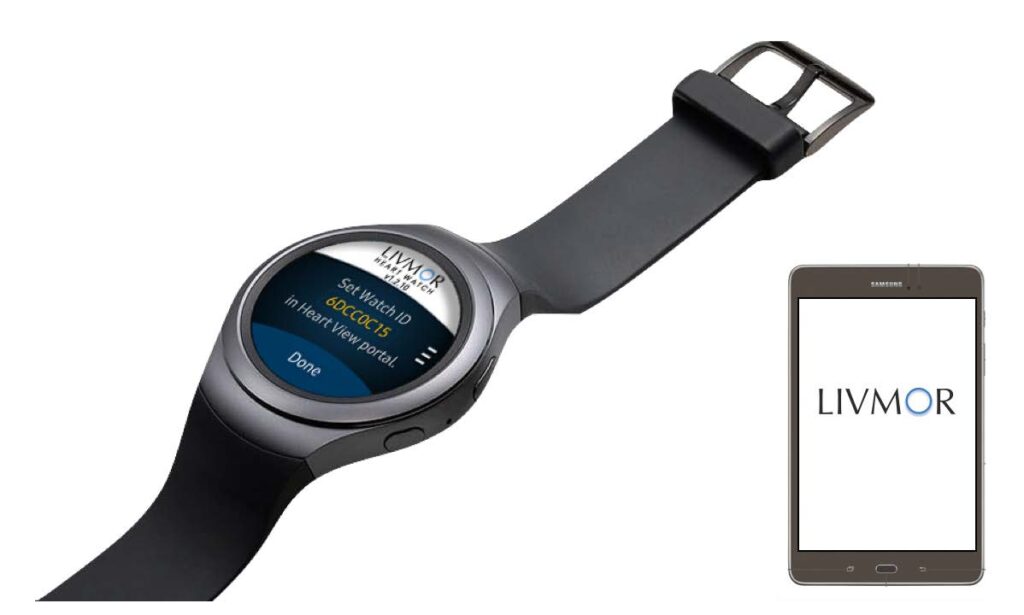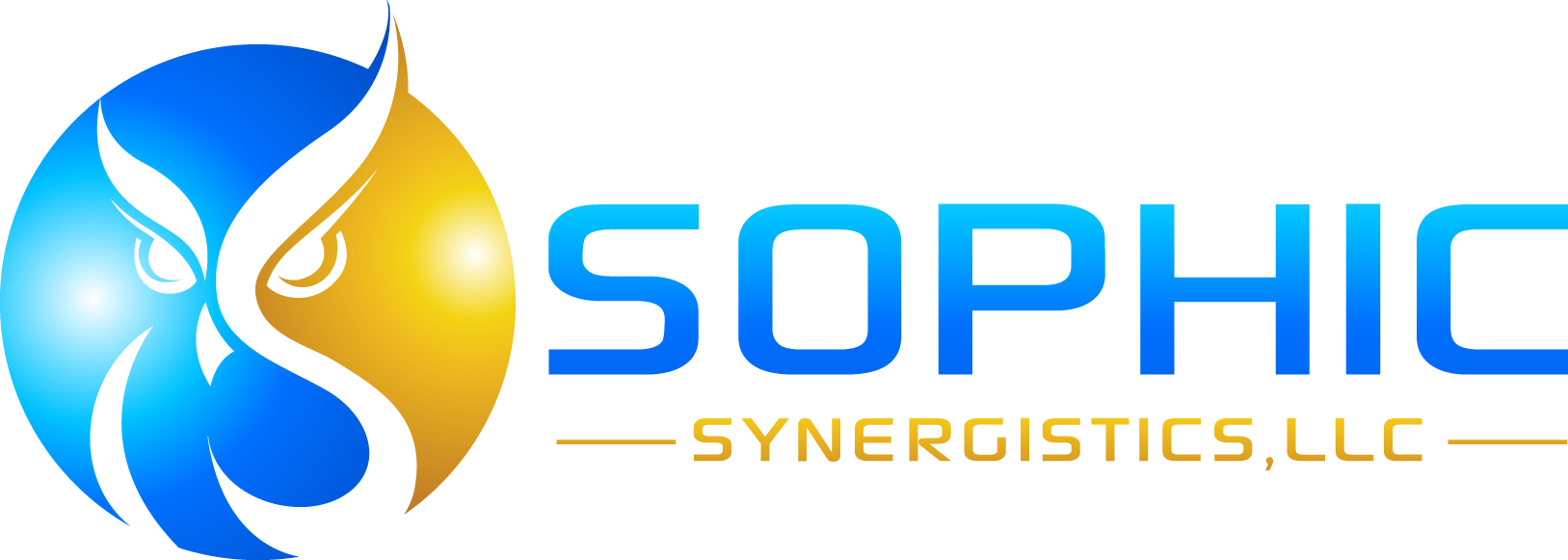LIVMOR Product Development Case Study
Client:
LIVMOR
Frisco, TX
LIVMOR (acquired by HeartBeam in 2023) was a digital health solutions company that offered a patient-engaged remote monitoring system of critical physiological markers.
Need:
LIVMOR engaged Sophic Synergistics to provide Human Factors consulting services including Formative and Summative testing. LIVMOR had engaged a firm prior to Sophic that did not yield expected outcomes. Sophic was engaged to help LIVMOR recover and successfully obtain FDA regulatory approval.
Services Provided:
Sophic provided human factors design and testing services to LIVMOR in support of the development of an at-home wearable wrist worn device that monitors heart rate data for abnormal rhythms. The device was specifically targeted towards the elderly population (65+), to provide a safe alternative to in-office visits, allowing doctors to remotely monitor their patients’ heart rhythm data daily. This Software as a Medical Device application was integrated into an existing commercial off the shelf Samsung smartwatch device. The user evaluations were conducted to support Formative and Summative testing efforts in pursuit of FDA regulatory clearance. The scenarios focused on the following user actions with key product interaction points including:
• Initial Unboxing
• Product/Packaging Instructions
• Physical Product Design and Initial Use
• Program and Software Utilization/Interface Interactions
• Clarity of Operations and Understanding of Tasks
Outcomes:
Once the project assessment was completed, Sophic uncovered several gaps in critical documentation and user integration into the design. During the initial Formative test, Sophic identified several barriers for successful market adoption and usability barriers with the device. Specifically, the technology was utilizing many features accessible by a tablet that required a more advanced understanding and experience than the target user demographic possessed or desired to learn and integrate into their daily life. Further, the design of the watchband was difficult to use and prevented the users from placing it on their wrists due to neuropathies and struggles with the band clasp. As a result, Sophic worked with LIVMOR to reduce the complexity associated with the use of the technology. Allowing the user to easily attach the wristband and reduce the complexity of interaction that allowed the user to live normally without added tasks. This also created a device that could be consistently and successfully deployed and used by this population, allowing for accurate health monitoring and the potential for near real-time lifesaving interventions from the user’s medical team. The new device solution passed the Summative validation tests and received FDA regulatory approval. LIVMOR was later successfully acquired by HeartBeam.

